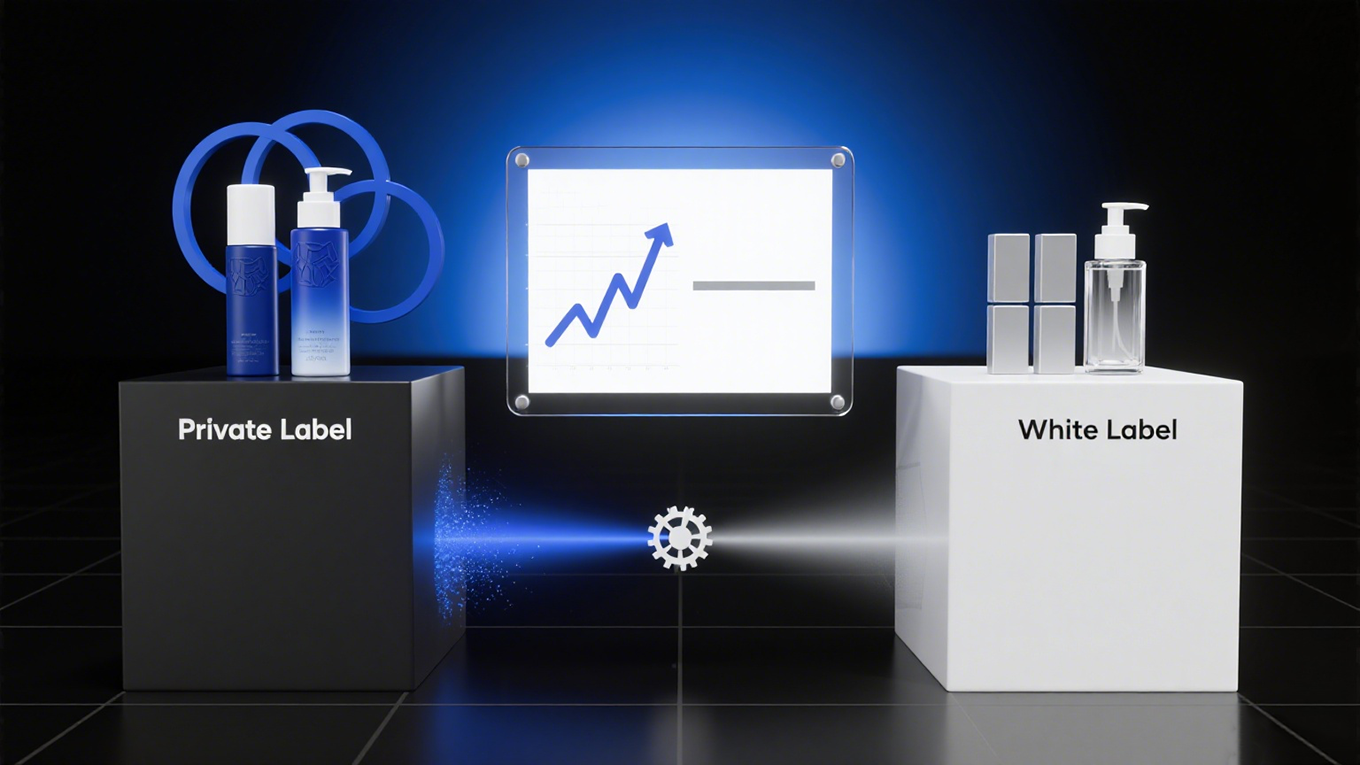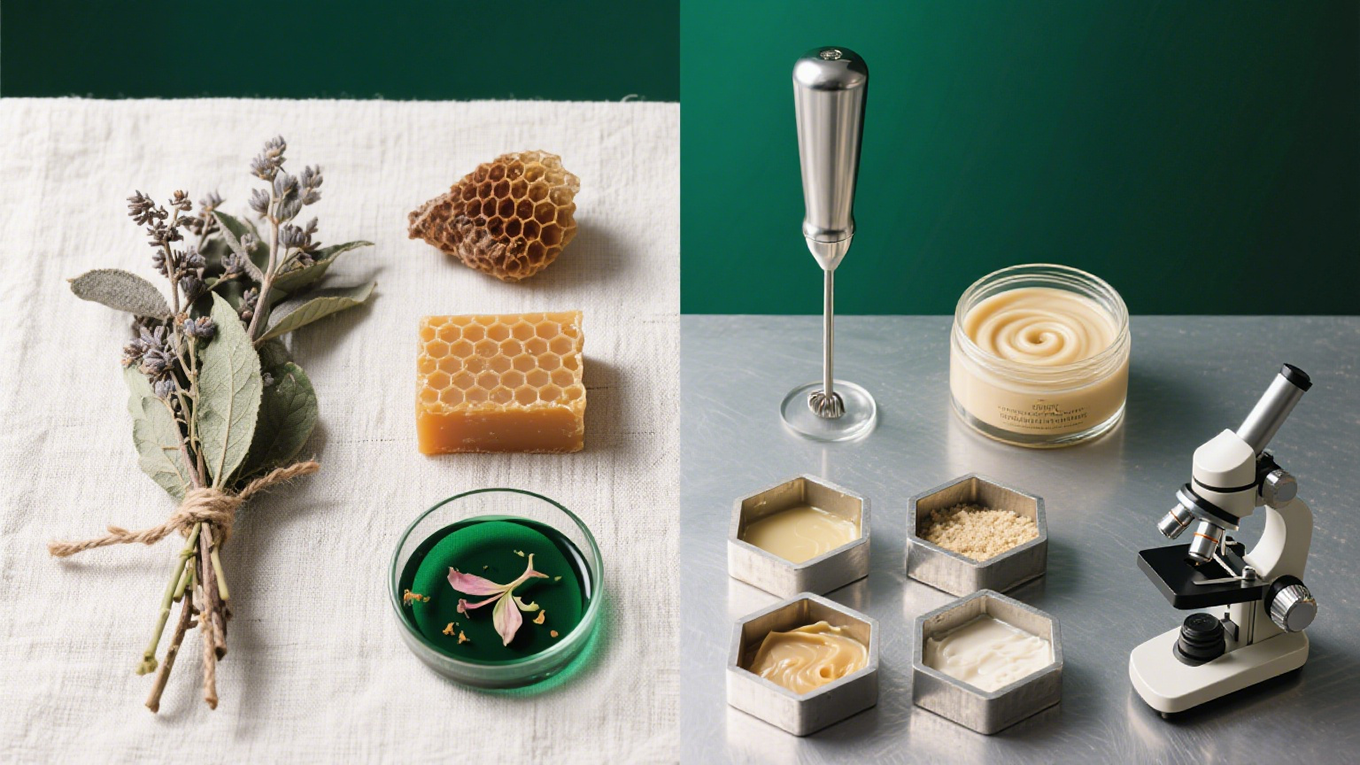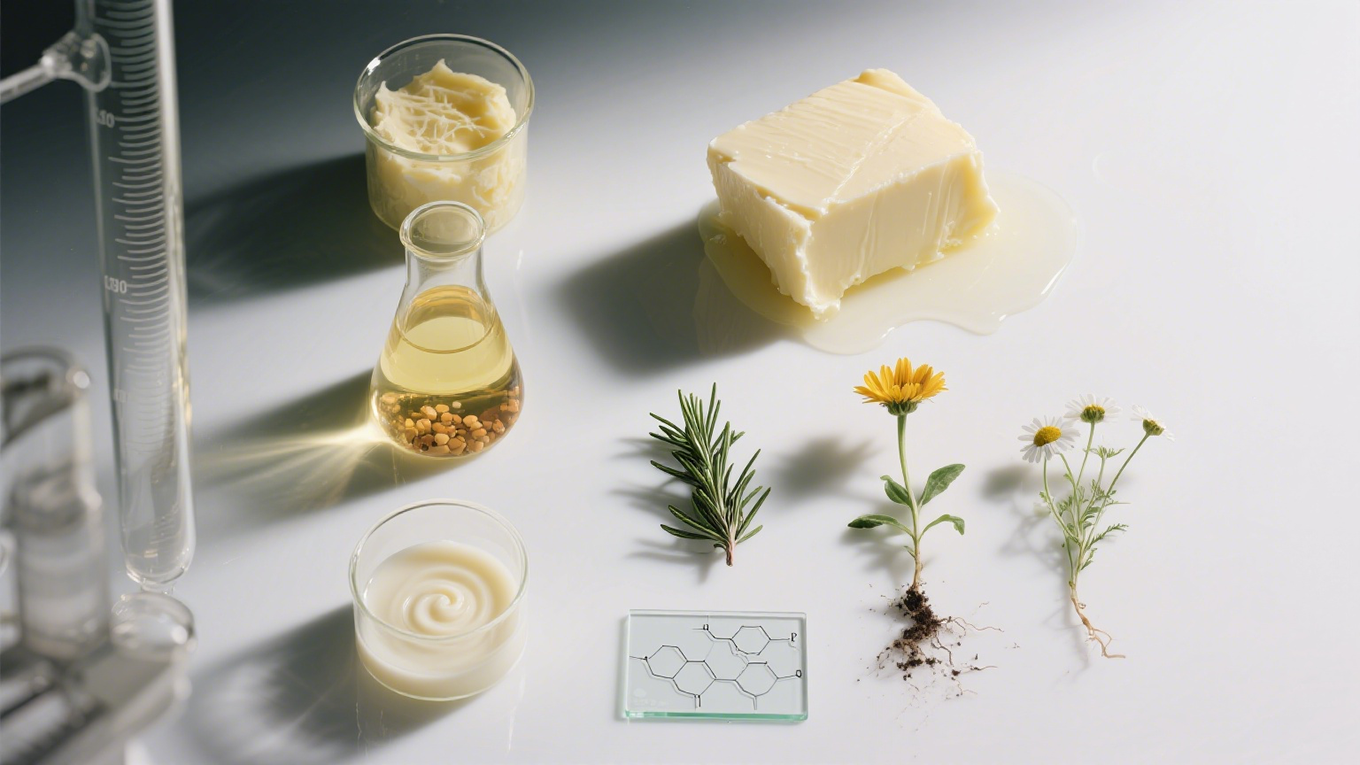In the fast-paced beauty industry, brands are constantly seeking innovative ways to bring high-quality products to market quickly and effectively. Two common approaches are private label and white label strategies within the framework of cosmetic ODM (Original Design Manufacturing). Both strategies allow beauty businesses to launch products without the heavy burden of in-house formulation or production, but they differ in flexibility, branding potential, and costs. At ZM Beauty Supply, we specialize in helping brands navigate these strategies to ensure success in an increasingly competitive market.
What is Cosmetic ODM?
Cosmetic ODM (Original Design Manufacturing) refers to a model where a manufacturer handles the entire process of cosmetic product development, from formulation and design to production and packaging. Brands collaborating with an ODM partner can focus on marketing and sales while leaving the technical aspects to experts.
ODM is especially appealing for businesses that want to enter the beauty industry with innovative products but lack the facilities, expertise, or resources to produce them independently. It offers:
- Full product customization (formulation, packaging, branding)
- Faster speed to market
- Reduced operational risks
- Access to professional R&D teams
Within ODM, brands often choose between private label and white label approaches, depending on their long-term vision.
Private Label Cosmetics: A Tailored Approach
Private label cosmetics involve customized products developed exclusively for a brand. The manufacturer may provide base formulations, but the brand can request modifications in texture, color, active ingredients, fragrance, or packaging to create a truly unique product line.
Key Benefits of Private Label:
- Brand Identity & Differentiation: Products are exclusive to your business, which helps build strong recognition and loyalty.
- Customization Flexibility: From the formula to the packaging design, every element can reflect your brand’s values and aesthetics.
- Higher Profit Margins: Exclusive formulations allow you to position products as premium and price them accordingly.
- Long-Term Market Positioning: Perfect for businesses aiming to build a sustainable, recognizable brand.
Considerations:
- Higher Initial Investment: Customization requires more R&D and production costs.
- Longer Lead Times: Tailored products often take more time to develop and test.
For growing brands that want to stand out in a saturated market, private label is often the best choice.
White Label Cosmetics: A Faster, Cost-Effective Solution
White label cosmetics refer to ready-made formulations and packaging that multiple brands can purchase and sell under their own names. Essentially, the manufacturer has a catalog of pre-formulated products, and businesses simply add their branding.
Key Benefits of White Label:
- Quick Market Entry: Since formulations already exist, you can launch products rapidly.
- Low Investment Risk: No R&D or testing costs, making it an affordable entry point.
- Wide Product Range: Access to various trendy products like serums, masks, or lipsticks without having to develop them from scratch.
- Ideal for Seasonal or Trial Products: Perfect for testing new categories without committing to high development costs.
Considerations:
- Limited Customization: Formulas and packaging are standardized, which means differentiation is minimal.
- Shared Market Presence: The same product could be sold by several competing brands.
- Lower Profit Margins: Without unique features, pricing power may be limited.
White label is ideal for startups or established brands that want to quickly expand product lines with minimal risk.
Private Label vs. White Label: Which is Right for Your Brand?
The decision between private label and white label cosmetics depends on your business goals, budget, and brand strategy:
- Choose Private Label if: You want long-term growth, a unique product identity, and are willing to invest in customization.
- Choose White Label if: You want to enter the market quickly, minimize financial risks, or expand your offerings with trendy products.
Both approaches can be highly effective when aligned with the right business strategy. Some brands even combine the two—using white label to test products and private label for signature lines.
How ZM Beauty Supply Can Help
At ZM Beauty Supply, we specialize in both private label and white label ODM solutions. Our expert team of R&D specialists, designers, and manufacturers ensures that every product meets global standards while reflecting your brand’s vision. We provide:
- Customizable Formulations for skincare, makeup, and haircare.
- Trend Forecasting Insights to keep your brand ahead of the curve.
- Flexible Packaging Options from eco-friendly to luxury designs.
- Regulatory Compliance Support to ensure products meet international guidelines.
Whether you’re a startup looking to launch quickly or an established brand aiming to scale with unique formulations, ZM Beauty Supply provides the expertise and resources to make it happen.
Understanding the difference between private label and white label cosmetics is crucial for building a successful beauty business. Private label offers exclusivity, customization, and stronger brand identity, while white label provides affordability, speed, and convenience. Both are valuable strategies, and the best choice depends on your brand’s long-term vision.
With the right ODM partner like ZM Beauty Supply, you can confidently bring high-quality, market-ready cosmetics to your customers while focusing on growth and brand-building.



